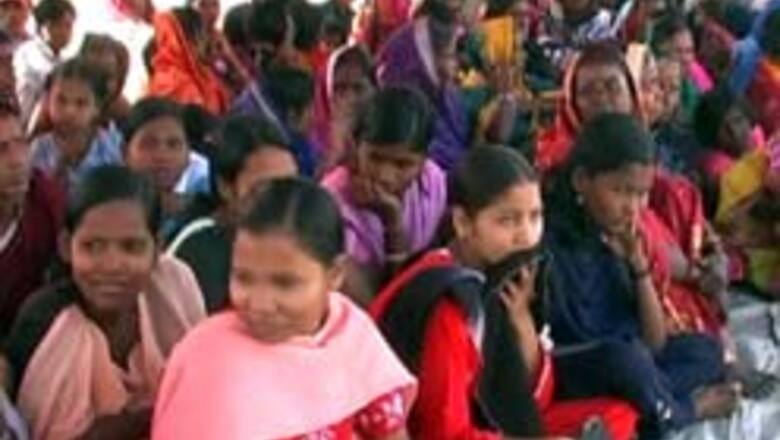
views
New Delhi: A UN committee has equated violence against Dalits in India with racial discrimination and questioned the country's record on treatment of the socially marginalised.
The UN Committee on the Elimination of Racial Discrimination (CERD) has called upon the Indian government to ensure an immediate end to the violence on Dalits and a repeal of the Armed Forces Special Powers Act.
The committee, headed by Linos-Alexander Sicilianos of Greece, held two sittings in Geneva Feb 23 and 26. The CERD issued its report soon thereafter from Geneva this month.
The report found that the "de facto segregation of Dalits persists" and highlighted systematic abuse against Dalits, including torture and extra-judicial killings, an "alarming" extent of sexual violence against Dalit women, and caste discrimination in post-tsunami relief.
The report also mentioned "the Indian delegation's arrogant rejection of well-documented abuses against Dalits before UN experts in Geneva" and added that it "mirrors India's systematic denial of Dalit rights at home", said Smita Narula, faculty director of the Centre for Human Rights and Global Justice and a member of the committee.
"India once again squandered an opportunity to enlist the support of experts in its efforts to ensure equality in law and practice for its citizens," she added.
CERD comprised independent experts from around the world. During its deliberations it noted Indian Prime Minister Manmohan Singh's observations Dec 27 where he had likened the practice of untouchability in India to apartheid in South Africa.
"After this statement," committee chairman Siciliano said, "I sincerely feel that the official position of the Indian delegation is simply untenable."
The committee formally noted its appreciation for the prime minister's remarks.
The Indian delegation represented by noted lawyer and Solicitor General Goolam Vahanvati refused to acknowledge any parity between caste and racial discrimination.
The concluding observations were issued following two days of hearings between CERD members and the Indian delegation. During the hearing, committee members uniformly and frequently joined issue with the Indian government for its refusal to acknowledge that caste-based discrimination is an issue of international human rights concern.
CERD called for effective measures to implement laws on discrimination and affirmative action, and sought proper protection for Dalits and tribal communities against acts of "discrimination and violence".
CERD has given India a year to respond to four of its recommendations, including its recommendations on how India can end widespread impunity for violence against Dalits, and Dalit women in particular.
Vahanvati claimed that the government is "deeply conscious and concerned about caste and is fully committed to tackling this at every level". The report said the Indian delegation resorted to a semantic debate on the difference between caste and race.















Comments
0 comment